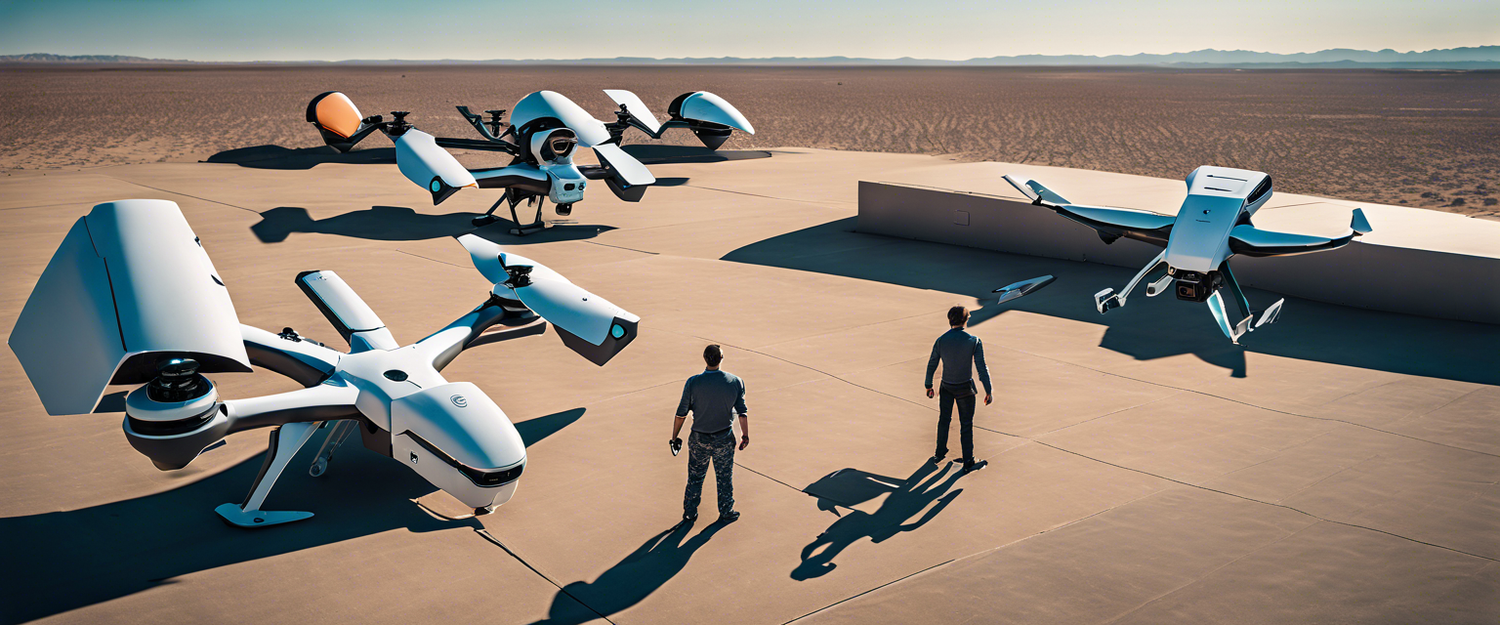Customs Issues Affect DJI Drone Imports to the U.S.
DJI, a leading drone manufacturer, has reported complications with importing certain drone models into the United States due to customs-related issues. This has particularly impacted the availability of their latest consumer drone, the Air 3S, in retail markets.
Understanding the Import Restrictions
The restrictions on DJI's drone imports are not due to an outright ban from U.S. authorities. Instead, DJI attributes these challenges to a broader initiative set forth by the Department of Homeland Security (DHS). According to a spokesperson from DJI, "A customs-related issue is hindering DJI’s ability to import select drones into the United States.”
Uyghur Forced Labor Prevention Act Implications
A pivotal factor in this import restriction includes the Uyghur Forced Labor Prevention Act (UFLPA), which has reportedly been cited by U.S. Customs and Border Protection (CBP) as a justification for the blockage. In response, DJI has communicated to distributors that it does not utilize forced labor in its manufacturing processes.
DJI’s Response to Allegations
In a recent blog post, DJI labeled the matter as a "misunderstanding" and has started providing documentation to demonstrate its compliance with U.S. laws and international standards. They affirm that their manufacturing does not occur in the Xinjiang region of China, where forced labor allegations are prevalent, and state that production is exclusively done in Shenzhen and Malaysia.
Legislative Landscape Around DJI
Additionally, DJI is not categorized under the UFLPA Entity List, although it has faced prior challenges, being added to the Department of Commerce's Entity List due to allegations of supplying drones for Chinese government surveillance against Uyghurs.
Recently, the U.S. House of Representatives passed a bill aimed at potentially banning DJI drones. However, the Senate’s version of the National Defense Authorization Act did not include this ban, although it could be reintroduced as an amendment.
Impact on DJI’s Business Operations
DJI’s import complications have mainly affected its enterprise and agricultural drones but have now impacted the availability of the Air 3S beyond sales on DJI.com. The company has expressed optimism about resolving the issue swiftly as it engages with U.S. Customs and Border Protection.
Future Implications for Drone Users
Despite the government's scrutiny, previous measures have primarily restricted governmental purchase and export activities rather than consumer availability. Should Congress decide to implement an import ban, existing drone owners may still use their devices, although FCC authorization for new devices could be impacted.
Conclusion
The current situation reveals a complex interplay between commerce, legislation, and regulatory scrutiny affecting DJI's operations in the U.S. market. As the landscape evolves, users and stakeholders in the drone industry will need to stay informed about these developments.



Laat een reactie achter
Alle reacties worden gemodereerd voordat ze worden gepubliceerd.
Deze site wordt beschermd door hCaptcha en het privacybeleid en de servicevoorwaarden van hCaptcha zijn van toepassing.